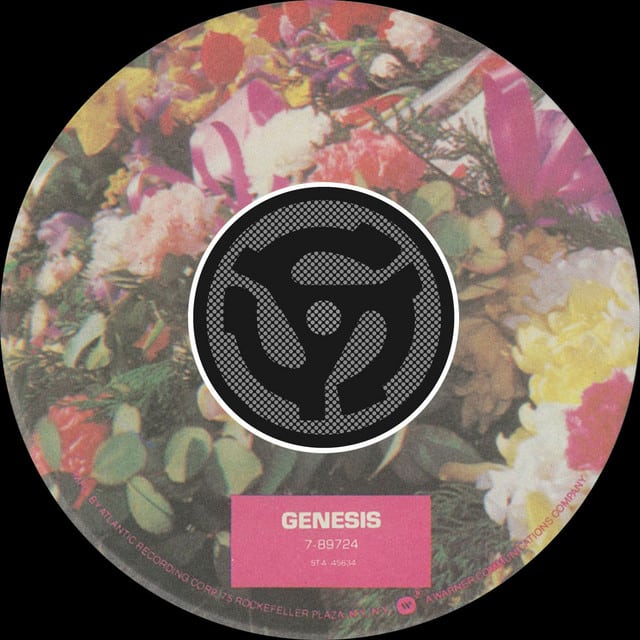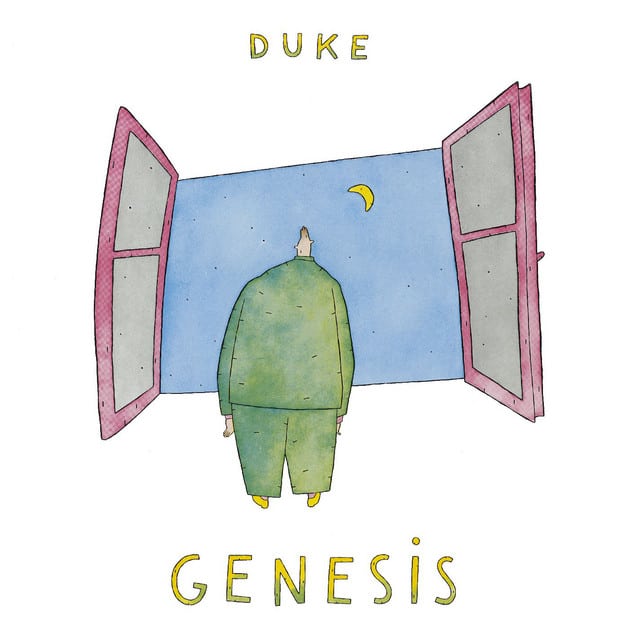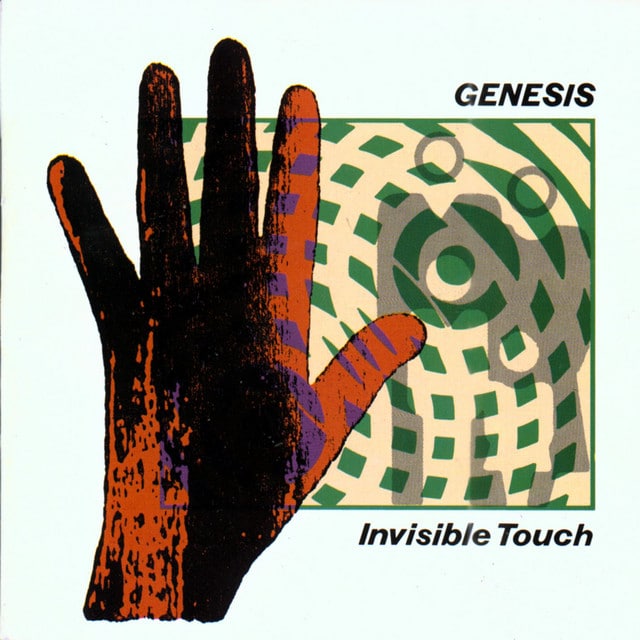Released: 1983
Genesis’ “That’s All” from their 1983 self-titled album is a rock anthem that strikes a chord with anyone who’s ever felt the tug-of-war dynamics of a close relationship. Under its catchy melody, the song cleverly encapsulates the frustration, love, and resignation that often accompany long-term connections. At first listen, it’s a vibrant pop-rock track, but a deeper dive into the lyrics reveals a rich narrative of emotional conflict.
The opening lines, “Just as I thought it was goin’ alright/I found out I’m wrong, when I thought I was right”, set the stage for a tale of misunderstanding and the realization that things aren’t as rosy as they seemed. This admission speaks to a universal truth in relationships where communication often falters, and assumptions lead to disappointment. The phrase “It’s always the same, it’s just a shame, that’s all” reflects a sort of weary resignation to the cyclical nature of these misunderstandings.
As the song progresses, the lyrics, “I could leave, but I won’t go/Though my heart might tell me so”, dive into the complexity of emotional attachment versus rational decision-making. Despite the frustration and confusion described earlier, there’s a clear reluctance to walk away from the relationship. This ambivalence underscores the depth of emotional investment one has in another, highlighting the difficulty in making clean breaks, even when it might seem logical.
The chorus, with its contrasting images of affection turning to apathy (“Turnin’ me on, turnin’ me off/Making me feel like I want too much”), portrays the emotional rollercoaster that characterizes many relationships. This section articulates the feelings of inadequacy and excessive desire that can arise when the reciprocity in a relationship falters.
Yet, despite the turmoil and the ups and downs detailed, the bridge, “Truth is I love you/More than I wanted to”, represents a turning point where the speaker openly acknowledges their deep affection. This confession, “There’s no point in trying to pretend/There’s been no one who/Makes me feel like you do”, is a raw admission of vulnerability and the unique connection they share with their partner, suggesting that the emotional ties run deeper than the conflicts.
Ultimately, “That’s All” comes full circle, returning to its initial theme of frustration and misunderstanding but with a newfound acceptance of these challenges as an inseparable part of the relationship. The song’s conclusion, “It’s always the same, it’s just a shame, that’s all”, might seem somber, but it also carries a sense of acceptance and the unspoken hope that love, with its imperfections, is worth the struggle.
In dissecting “That’s All” by Genesis, it’s evident that beneath the infectious melody lies a nuanced exploration of love, conflict, and acceptance in relationships. It’s a song that resonates on many levels, appealing to those looking for catchy tunes as well as to those in search of deeper lyrical meaning. It stands as a testament to the band’s ability to weave complex human emotions into a hit rock song, making it a timeless classic in the genre.






